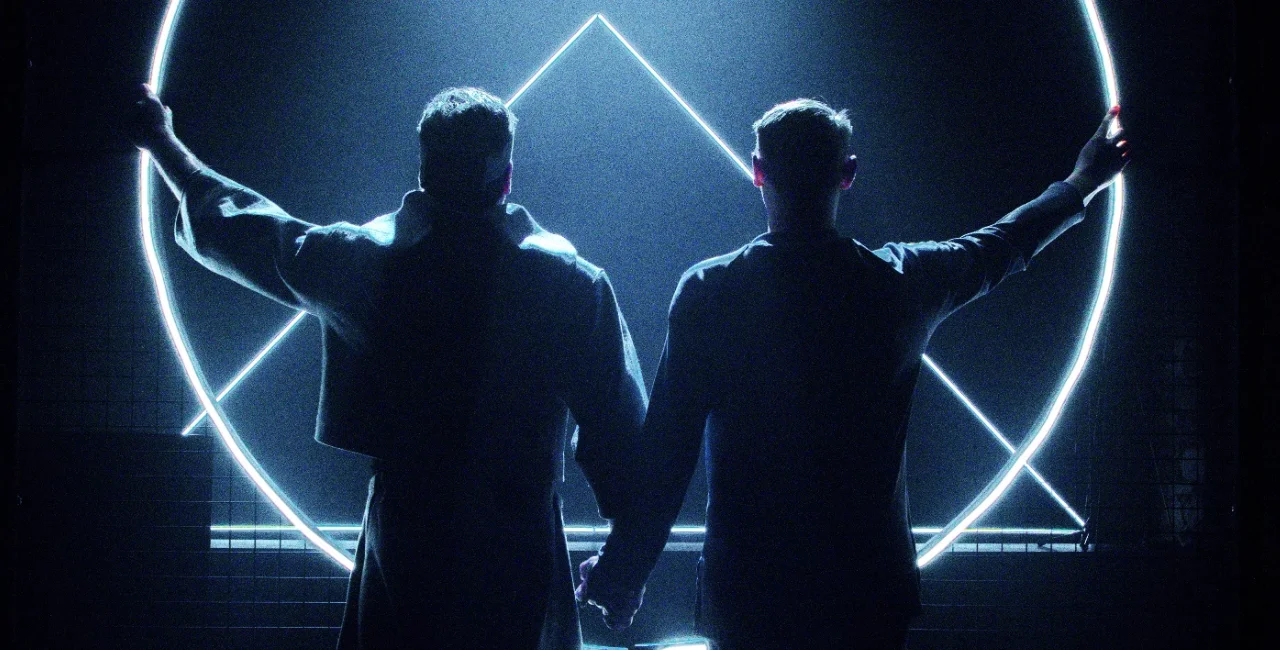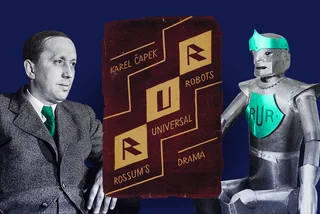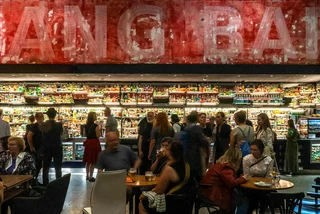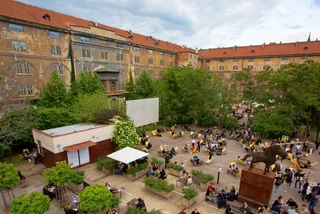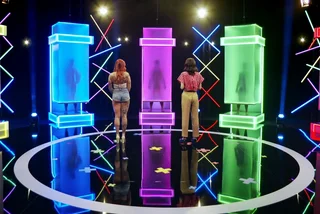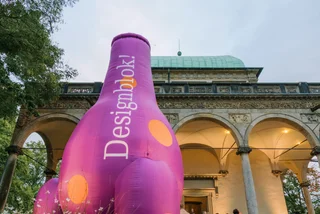A new adaptation of Karel Čapek’s R.U.R. (Rossumovi univerzální roboti) supported by Prague's Švandovo divadlo has opened to sold-out audiences in Pasadena, California, marking one of the first full-scale presentations of the play in a major U.S. venue. The production was immediately followed by a scheduled showing in New York at the Bohemian National Hall.
The U.S. performances highlight ongoing international interest in Czech culture and literature, connecting audiences to historical works that remain relevant today, and underscoring Czech contributions to global conversations on science and ethics.
New R.U.R. adaptation and its significance
Produced by the Shakespeare Center of Los Angeles, the new play development reading of R.U.R. was adapted by Talene Monahon and directed by Jess Chayes. It updates the 1920 sci-fi classic, in which Čapek first introduced the word “robot” and explored technological and ethical dilemmas that continue to resonate in today’s debates on AI.
Monahon and Chayes reimagine key scenes for contemporary audiences, incorporating modern dialogue and staging while preserving the play’s original themes of labor, automation, and human responsibility.
The duo collaborated closely with Czech actors and writers to ensure the production reflects both Čapek’s vision and current global conversations about technology and society.
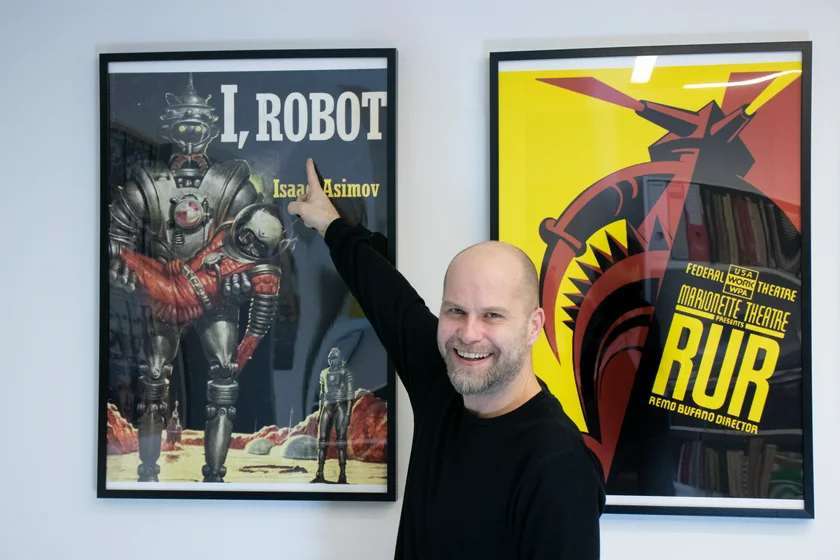
Švandovo divadlo director Daniel Hrbek, who served as an external dramaturgist for the new adaptation of R.U.R., said the response from American audiences was “enthusiastic,” noting sold-out performances and lively post-show discussions.
The Pasadena premiere took place at The Athenaeum in Los Angeles, while the New York presentation in Manhattan will feature panel discussions on Čapek’s relevance to contemporary speculative fiction and AI research. The events are supported by the Czech Consulate in New York, the Czech Centre, and the Shakespeare Center of Los Angeles.
Czech culture cross the Atlantic
On its tour of North America, Švandovo divadlo also brought its production of A Girl on a Trampoline (Dívenka na trampolíně), inspired by the lives of writers Zdena Salivarová and Josef Škvorecký, which premiered in Toronto before its U.S. debut in Chicago.
The Canadian premiere was attended virtually by Salivarová before her death in August at the age of 91. Hrbek emphasized that these tours aim to strengthen ties with international universities and cultural institutions, including Northwestern University in Chicago and New York University.
The theatre’s earlier production AI: When a Robot Writes a Play (AI: Když robot píše hru) attracted attention for incorporating large language models into dramatic writing. Hrbek noted that discussions at conferences in Los Angeles highlighted the limits of AI in crafting traditional drama, though the experiment underscored rapid technological progress.
The project situates Czech theatre at the intersection of art and technology, a theme increasingly relevant amid global debates about AI in society. The New York performances will continue through Sept. 30, accompanied by discussions for scholars and theatre practitioners.
In Prague, Švandovo divadlo frequently stages productions with English surtitles for international audiences. Upcoming productions include a new take on George Orwell's 1984 from director Dodo Gombár. A full schedule can be found on the theater's official website.


